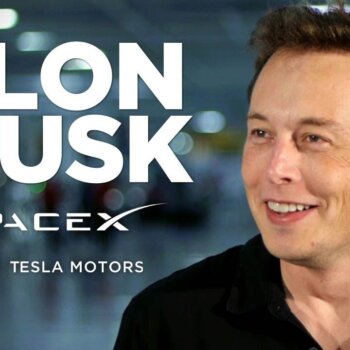Toyota Motor seeks to assemble a staff of 1,000 engineers from Japan and abroad into a new unit meant to turn its research on automated driving into road-ready technology.
The Nagoya-based automaker’s race to develop self-driving cars pits it against increasingly international competition for engineering talent, as foreign employers like China’s Huawei Technologies use pay and other incentives to attract IT graduates from Japanese universities.
The car company said Friday it will establish joint venture Toyota Research Institute-Advanced Development this month with autoparts makers Aisin Seiki and Denso, both Toyota group members. Other companies may join in down the road.
TRI-AD will start with a staff of around 300, with about two-thirds from Toyota and the rest mainly from Aisin and Denso. The venture will use English as its official language, and locate its headquarters in Tokyo, where universities and research institutions gather. The aim is to attract talent from across the world.
The founding companies will invest more than 300 billion yen ($2.84 billion) over several years in TRI-AD, which will develop artificial-intelligence-driven software for such tasks as image recognition, as well as judging driving conditions and generating detailed maps.
Toyota aims to begin releasing automated vehicles in earnest in 2020. By that year, it seeks to have practical technology for automated highway driving, with secondary roads to follow in the first half of that decade. It also aims to make cars capable of fully autonomous driving in limited areas.
In 2016, the Japanese automaker set up U.S. R&D arm Toyota Research Institute to conduct basic research on automated driving and has been working on its own to develop practical applications. TRI-AD will pool the technologies and talent of Toyota affiliates toward that end, an effort driven by the automaker’s sense that it cannot compete with big, deep-pocketed tech groups like Google on its own.
Denso will provide strength in image recognition, based on its work on advanced driver-assistance systems, which use cameras and sensors to help avoid collisions. Aisin supplies transmission and brake components, and has been working independently on automated driving. Bringing in parts makers from the development stage will enable a deeper integration of hardware and software, an approach crucial for automated vehicles.
James Kuffner, who headed research on automated driving at Google’s robotics team, will be CEO of TRI-AD. Kuffner currently serves as chief technology officer at TRI. Gill Pratt, the U.S. institute’s CEO, will be chairman of the new TRI-AD board of directors..
With cross-industry competition in transportation intensifying, Toyota aims to reinforce its development programs with talent from inside and outside the company. In January, it announced partnerships with companies including Amazon.com and Chinese ride-hailing leader Didi Chuxing to offer automated-driving-based services such as deliveries and rides. Last year, Toyota formed an electric vehicle joint venture with Denso and automaker Mazda Motor. It has also linked up with electronics group and Tesla partner Panasonic to develop and produce batteries.
Other Japanese automakers are also building research units that offer different corporate cultures and employee incentives from the parent company in order to attract outside talent. Nissan Motor plans to increase its domestic software engineering workforce to 300, and in 2016 it established a Tokyo development center for connected cars and other technologies. Honda Motor began work last year at a research hub in the capital that serves as a channel for open innovation partnerships with other companies.





























